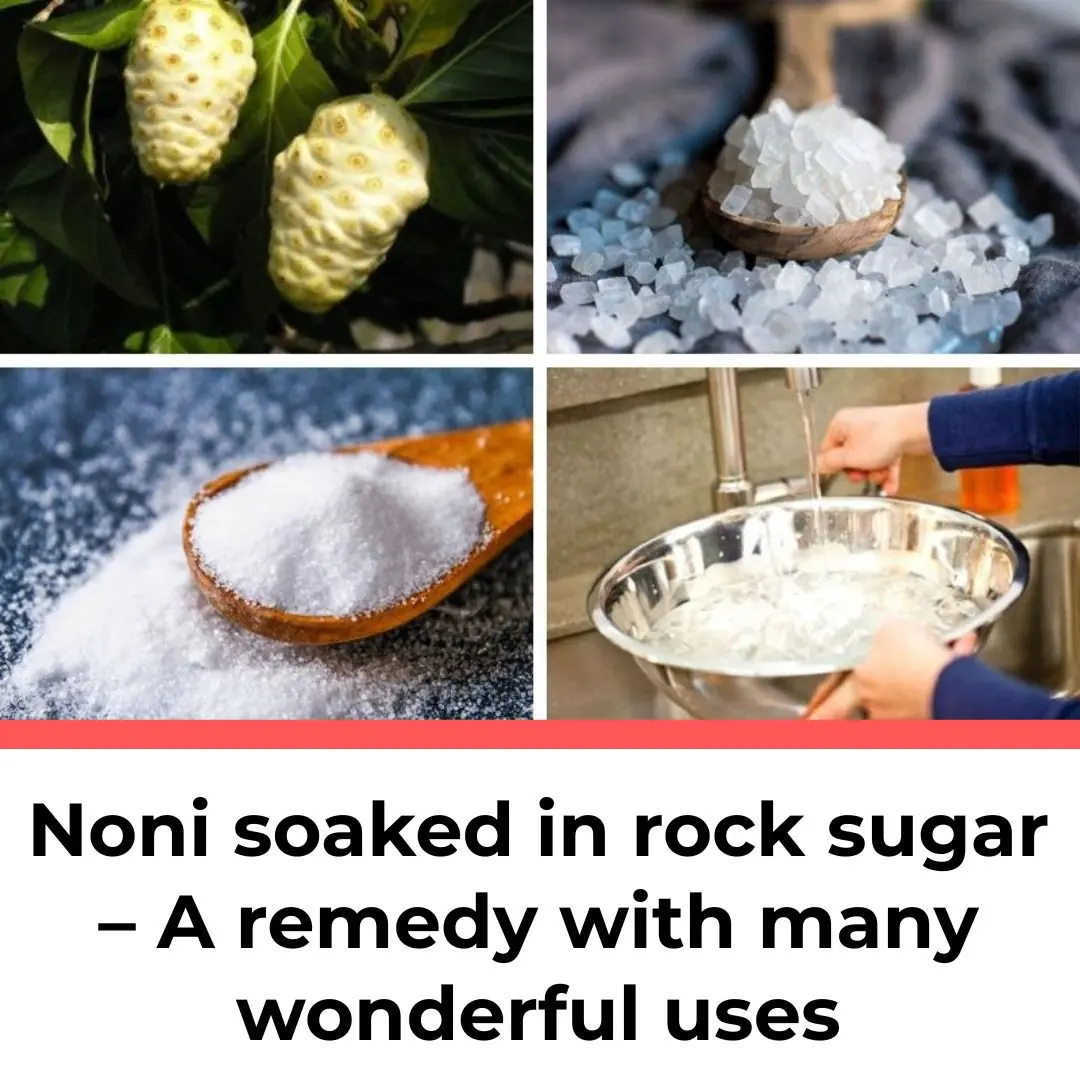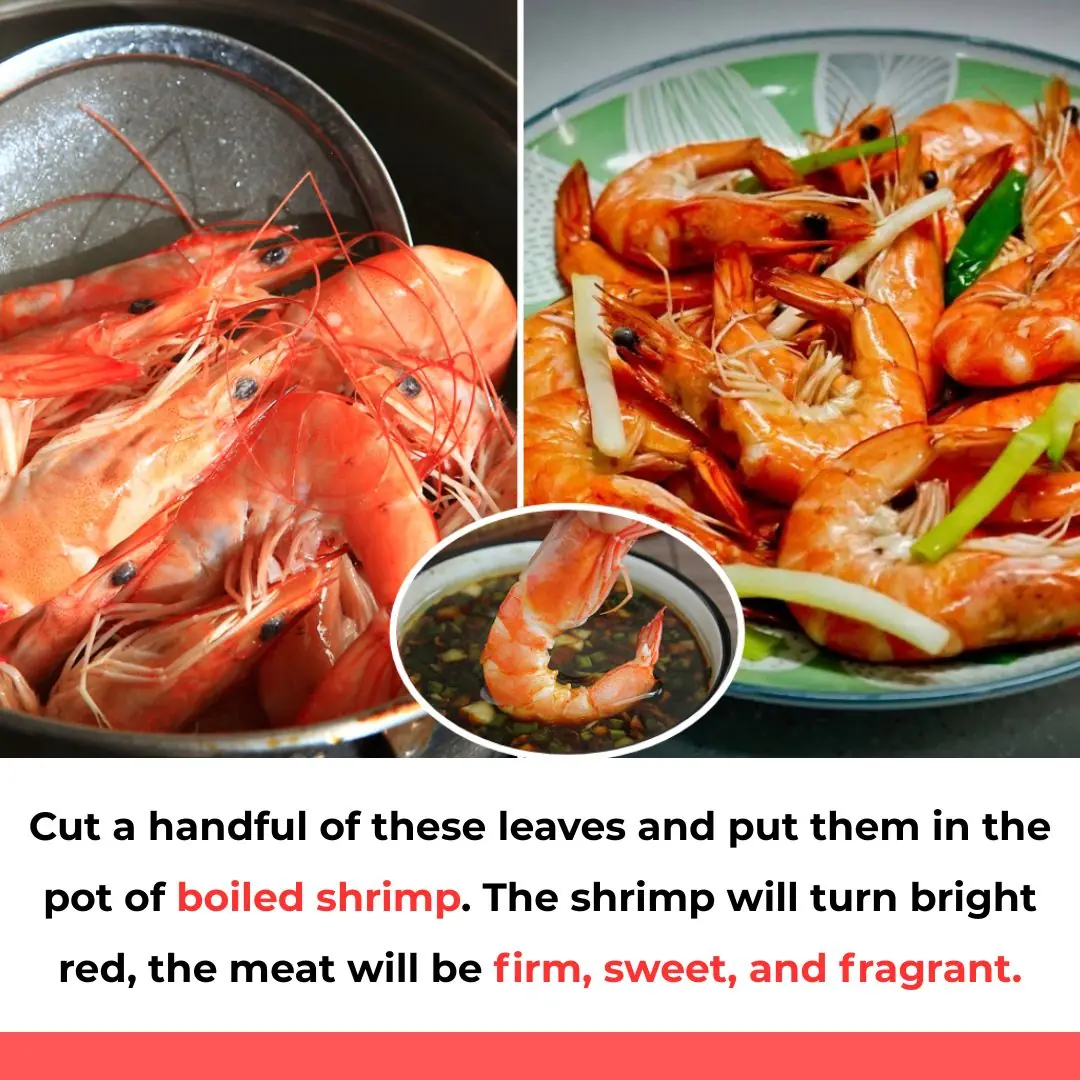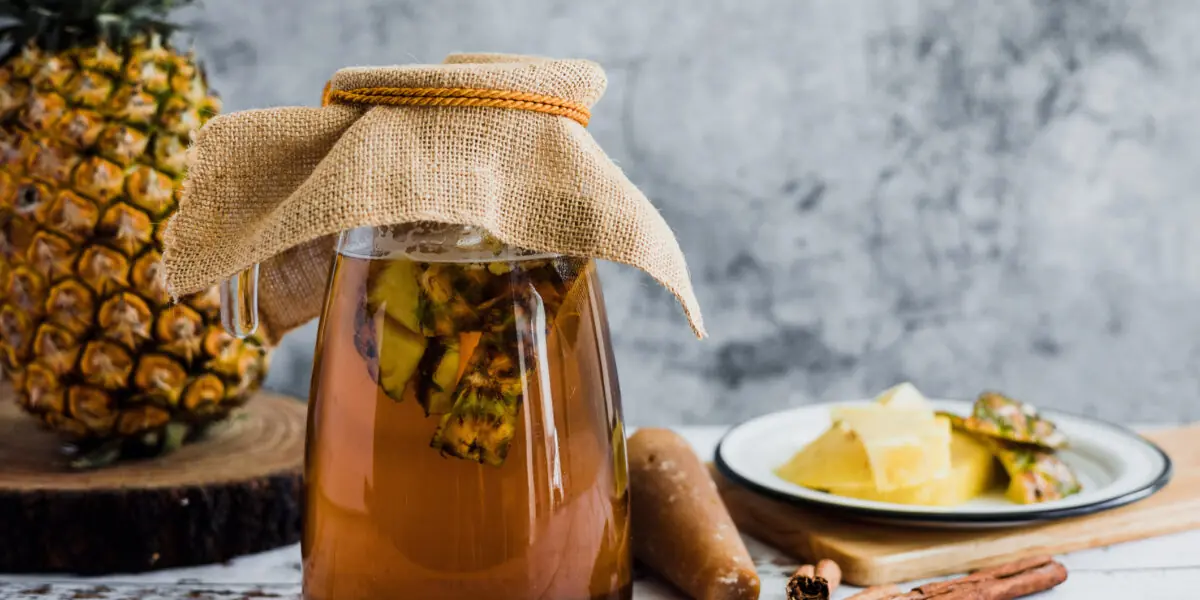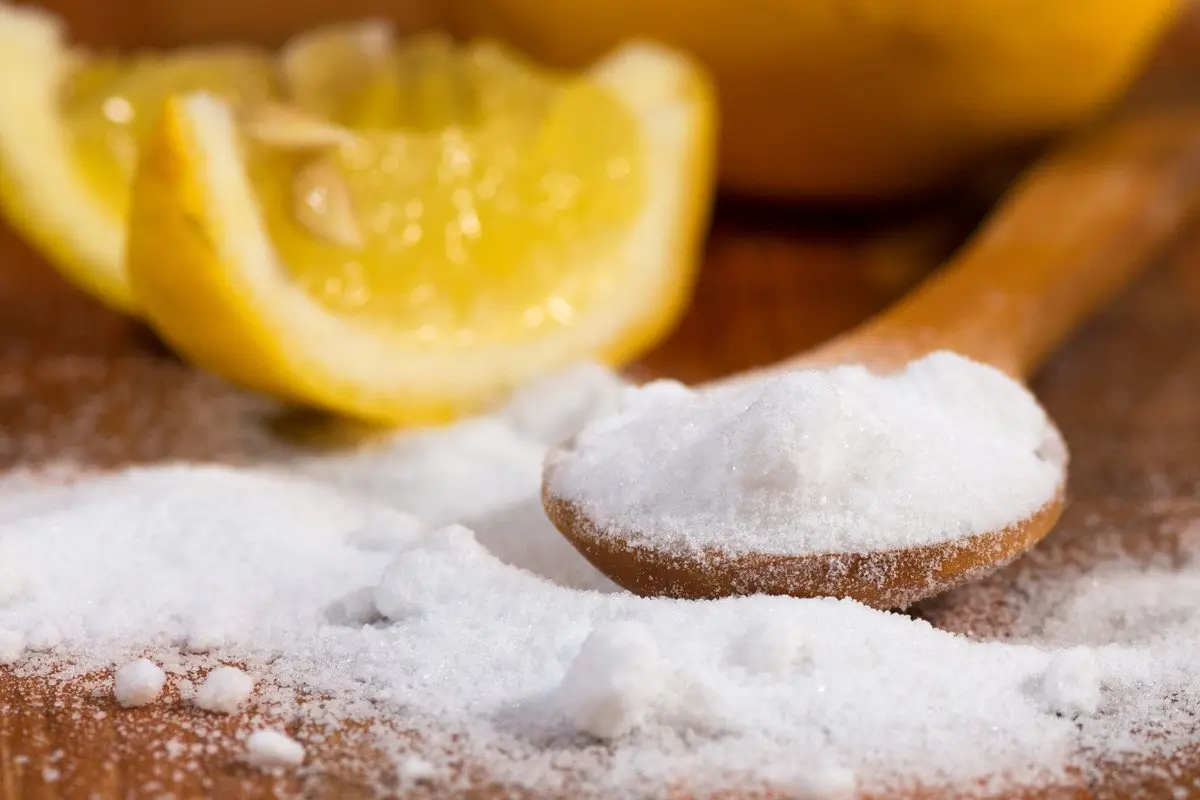
No need for a refrigerator, ancient people used these 6 ways to preserve eggs for a whole month and keep them fresh
🥚 How to Keep Eggs Fresh Without a Refrigerator: Traditional Methods That Still Work Today
Eggs are a staple in every household — nutritious, affordable, and incredibly versatile. Many families buy them in bulk to save time and money. In most modern homes, eggs are stored in the refrigerator’s cool compartment. But what if you don’t have a fridge, or you’re looking for natural, eco-friendly methods to extend their freshness?
Interestingly, long before modern appliances existed, our ancestors already had clever ways to keep eggs fresh for weeks — even months. Let’s rediscover some of these simple yet effective traditional methods.
1. Preserving Eggs with Rice Husks
Rice husks — a byproduct of rice milling — were a common and valuable material in traditional rural life. Besides being used for fuel, compost, and even insulation, they served as a natural egg preservative.
The process is simple:
-
Spread a layer of dry rice husks at the bottom of a wooden or bamboo container.
-
Place the eggs on top in a single layer.
-
Cover them completely with another layer of husks.
-
Repeat until all eggs are buried.
The husks help keep the eggs dry and protected from air and moisture, slowing down spoilage. Store the container in a cool, well-ventilated place, away from sunlight.
Every two weeks, gently rotate the eggs, moving those at the bottom to the top. This prevents the yolks from sticking to the shell. When placing the eggs, make sure the bigger end faces up, as this position helps maintain the air pocket inside and keeps the egg fresher longer.
💡 Tip: You can replace rice husks with sawdust if available. Both materials must be completely dry and clean to prevent mold or bacterial growth.
2. Using Dried Grains for Storage
Another old-fashioned trick was to store clean, uncracked eggs among dried grains or legumes such as soybeans, black beans, red beans, or corn kernels.
The grains act as a natural buffer, absorbing excess humidity and preventing eggs from bumping into each other. It’s a simple but surprisingly effective way to extend shelf life — especially in rural areas where grains are always plentiful.
🌾 Bonus benefit: The stored grains stay dry and usable too — nothing goes to waste!
3. Preserving Eggs in Lime Water
Lime water (made from slaked lime powder mixed with water) is one of the most reliable traditional methods, still used in some regions today.
Here’s how to do it safely:
-
Mix lime powder with clean water to create a 2–3% solution.
-
Let it sit for about an hour until the sediment settles at the bottom.
-
Skim off the surface film and pour out the clear lime water, discarding the residue.
-
Gently place the eggs in a glass, ceramic, or plastic container (avoid metal).
-
Pour enough lime water to fully cover all the eggs.
-
Store the container in a cool, dry, shaded area — away from direct sunlight.
This method can keep eggs fresh for up to six months.
Alternatively, you can briefly dip the eggs in a 5% lime solution for a few minutes, remove them, and let them air dry naturally. Once dry, place them in a basket or tray and keep them in a cool, ventilated place. This quicker version typically preserves eggs for three to four months.
⚠️ Important: Never use metal containers — lime can react with metal, releasing compounds that are unsafe for consumption.
4. Using Dried Tea Leaves
Used tea leaves, when completely dried, can also serve as a natural preservative. Tea absorbs moisture and neutralizes odors — creating a dry, breathable environment that slows down egg aging.
Simply layer dried tea leaves and eggs alternately in a box, similar to how you would with rice husks. Make sure the tea leaves are completely dry; any moisture can cause mold and spoil the eggs.
🍵 Extra benefit: Tea leaves add a subtle, pleasant aroma to the storage box.
5. Storing Eggs in Coarse Salt
Salt has strong antibacterial and dehydrating properties, making it ideal for long-term food preservation. To use it for eggs:
-
Fill a container with dry coarse salt, bury the eggs completely, and keep it sealed in a cool place.
This can help maintain egg freshness for several months.
Just make sure the salt remains dry at all times — damp salt can actually speed up spoilage instead of preventing it.
6. Using Sand or Rice Bran
If rice husks or sawdust are unavailable, dry sand or rice bran works just as well. The principle remains the same — alternate layers of eggs and sand (or bran) to reduce air exposure and moisture.
This low-cost, natural technique was common in traditional Vietnamese households and remains useful in rural areas today.
🌞 Pro tip: Always keep the storage container in a shaded, ventilated area. High temperatures will accelerate egg aging, regardless of the method used.
Final Thoughts: Ancient Wisdom for Modern Living
Before the age of refrigeration, people relied on observation, patience, and natural materials to preserve food — and many of their techniques still work remarkably well today.
Whether you live off-grid, face power outages, or simply want to embrace a more sustainable lifestyle, these traditional egg-preserving methods are practical, safe, and chemical-free.
A little care goes a long way — and with these simple methods, your eggs can stay fresh, flavorful, and ready to use for months.
🥚✨ Sometimes, the best solutions are the ones passed down from generations past.
News in the same category


Every washing machine has this small part, open it once a month, clothes will smell fresh, machine will be cleaner and more durable

How to make delicious Japanese-style pink pickled ginger, with readily available ingredients

Mosquitoes fear this bowl of water the most. No matter how many mosquitoes there are in the house, they will all go away, so you can sleep peacefully.

3 tips to make roast pork with golden brown, crispy skin, more delicious than restaurant

10 great tips with baking soda, helping to solve many problems in the house

Noni soaked in rock sugar – A remedy with many wonderful uses

Bougainvillea loves this type of water the most. Water it once every 10 days and the flowers will bloom brilliantly, covering the branches.

Husband secretly gave money to the maid, I was surprised to know her real identity.

3 types of plants to avoid growing in the house, or else they will cause bankruptcy, loss of wealth, and bad luck.

How to recognize fake honey, honey mixed with sugar

How to keep watermelon fresh for a month: A small tip that everyone needs to know this summer

Cut a handful of these leaves and put them in the pot of boiled shrimp. The shrimp will turn bright red, the meat will be firm, sweet, and fragrant.

Tips for cleaning electric kettles to help remove limescale and unpleasant odors: Simple but effective

Do you know the effects of this oil on your life?

Everyone thinks this part of the cow is the most delicious, but it's both dirty and poisonous. Don't buy it at the market, no matter how cheap it is

Don't throw away tuna cans: they're worth their weight in gold if you reuse them this way!

Why You Should Avoid Drinking the Mineral Water Provided in Hotel Rooms: The Subtle Reasons You Might Not Know — Read Now to Protect Yourself
News Post

Jennifer Hudson Champions Musical Inclusivity Amid Super Bowl Language Debate

Jennifer Hudson Cheers on Bad Bunny’s Super Bowl Swagger — and Starts Learning Spanish Herself

Charli XCX shares cryptic video after Taylor Swift’s ‘Actually Romantic’ diss

NY authorities clamp down on liquor store openings citywide as booze demand plummets

Desperate rescue effort underway to save hundreds of hikers stuck on Mount Everest after snowstorm

Six signs you may be a functioning alcoholic according to doctor

Pineapple Water: A Refreshing Drink That Supports Your Health

The Silent Threat: Recognizing Early Signs of Kidney Disease and Lifestyle Prevention

A Heartwarming Encounter: A Child’s Innocence and the Power of Love.

The Stranger Who Stopped: How One Man’s Compassion Saved a Life on a Busy Georgia Road

Baking Soda (Bicarbonate of Soda): Uses and Benefits (Science Based)

A Father’s Day Gift Like No Other: A Daughter’s Kidney, A Father’s Second Chance

Benefits of Walking: Why Walking is One of the Best Forms of Exercise 🚶♀️

Maliyah’s Fight: A Fifteen-Year-Old Cheerleader Battling Stage 4 Cancer With Courage and Faith

No Cake, No Balloons: A Firefighter’s Quiet Birthday of Purpose and Service

Orangutan Secretly Watches Over Woman During Jungle Survival Challenge

“The Stranger on a Plane: How One Man’s Kindness Gave a Mother the Gift of Rest”

A Little Fighter’s Final Victory: Remembering Bryson’s 1,027-Day Battle

A Match Made in Dog Heaven: A Toddler and Her Puppy Who Share a Special Bond
